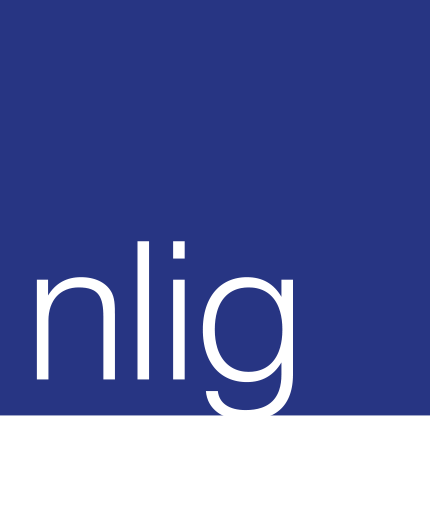Protect yourself against identity fraud

Official figures show that identity (ID) fraud is on the increase. Between January and June 2024, more than 214,000 cases were referred to the Cifas* National Fraud Database (NFD). That’s an increase of 15% on the same period last year. With ID fraud now the most commonly reported type of fraud, we take a look at the new figures and give you tips on how to protect yourself.
What is ID theft?
Identity theft is when your personal details are stolen and there are various ways in which it could happen. For example, a criminal could go through your post to find your documents or buy details on the dark web after a data breach. The stolen details are then used to obtain goods or services in your name. This could include taking out a phone contract or opening a bank account.
ID theft on the increase
It’s a worrying fact that identity theft is on the increase, as is ‘facility takeover’, which is where your account is taken over by a fraudster. This happens as a result of phishing emails and texts, which contain malicious links. When you click on the link, you allow malicious software into your system, enabling the criminal to take over your account.
Fraudster figures
In the first half of 2024, over 37,000 cases of ‘facility takeover’ were reported to the National Fraud Database. That’s an increase of 99% compared to the same period last year. Figures show that 36% of cases occurred on online retail accounts and 40% were in the telecoms sector.
Action Fraud is warning savers to stay vigilant and protect their savings and investments from fraudsters trying to trick people out of their lifetime savings. New data reveals that £17.7 million was lost to pension fraud last year. Action Fraud is also warning students and those going back to university to be aware of the top fraud types affecting young people, as new data reveals almost 69,000 reports were received from people aged 11 – 29m losing a total of £143.7 million in 2023. Other figures reveal that over 32 million phishing emails have been reported to the Suspicious Email Reporting Service (SERS), with more than a third reported last year.
Tips on how to avoid ID theft
Please follow these tips to help avoid falling victim to identity theft:
- Never reveal details of your account, personal or payment information through unsolicited calls, emails or texts.
- Create strong passwords to use online and never use the same one for every account or website you log into. (You could use a password manager, such as Google Password or Apple iCloud Keychain, which is a program that looks after your passwords and can create strong, unguessable passwords.)
- Use antivirus software to help protect your systems and devices.
- Avoid downloading dodgy apps – always check reviews.
- Keep your social media profiles private and never post images showing sensitive information, such as your car number plate or home address.
- Don’t accept invitations from people you don’t know on social media sites.
- Don’t use public wi-fi networks to access sensitive sites or apps, such as mobile banking
- Check your credit file to see if any new accounts have been opened in your name that you don’t recognise.
- Let your bank or credit card company know if you don’t receive a bank or credit card statement or card that you are expecting in the post.
- Make sure you have mail redirected by Royal Mail for at least a year if you move house.
- Never leave bills or other sensitive documents lying around for others to see and always shred documents bearing your name, address or financial documents if you need to dispose of them.
What to do if you’re a victim of fraud
In the first instance, contact your bank or credit card company and, if advised, put a stop on all relevant cards. You could also call the local police on the non-emergency number, 101 and report the incident to Action Fraud. (Please note, Action Fraud is the national reporting centre for fraud and cybercrime, which collects reports about fraud on behalf of the police.)
Talk to NLIG
We always recommend considering taking out a cyber insurance policy, which will provide you with cover, help, and assistance should you fall victim to cyberattack or identity theft. It can provide welcome reassurance and practical assistance at what can be a very worrying time. To find out more, please call us on 01992 703 300 or email insurance@nlig.co.uk
Sources
which.co.uk: ID fraud is on the rise – how to stay safe
actionfraud.police.uk
*Cifas is a not-for-profit fraud prevention service in the UK that represents organisations across the public, private and voluntary sectors. Its mission is to detect, deter and prevent fraud in society by harnessing technology and working in partnership. More information at: www.cifas.org.uk

